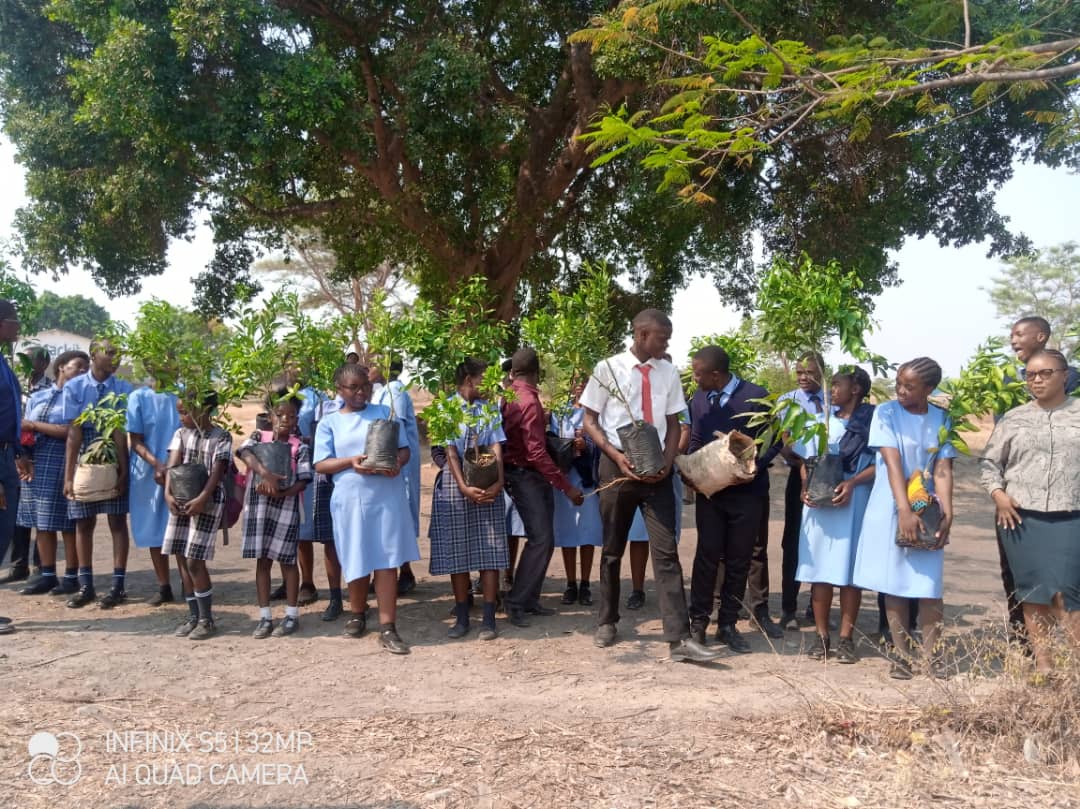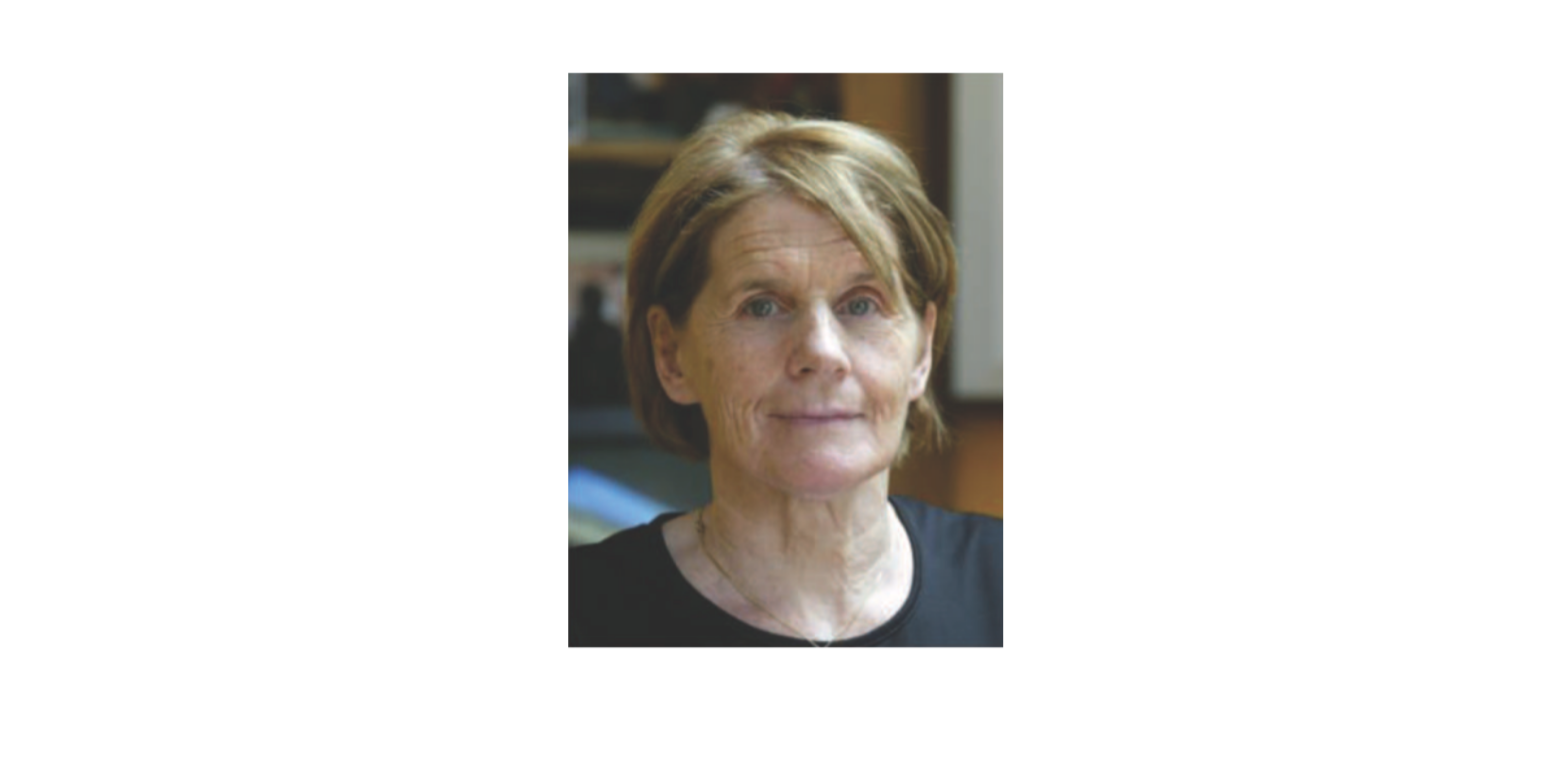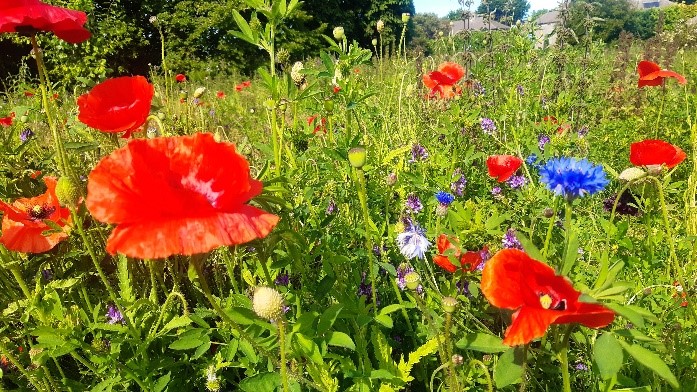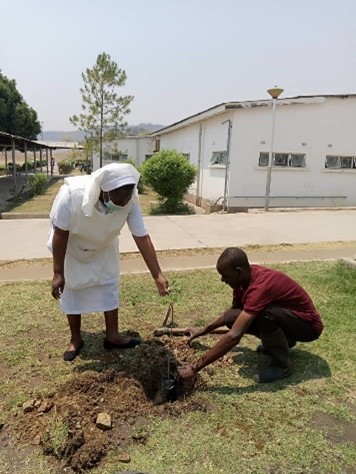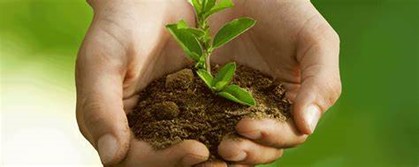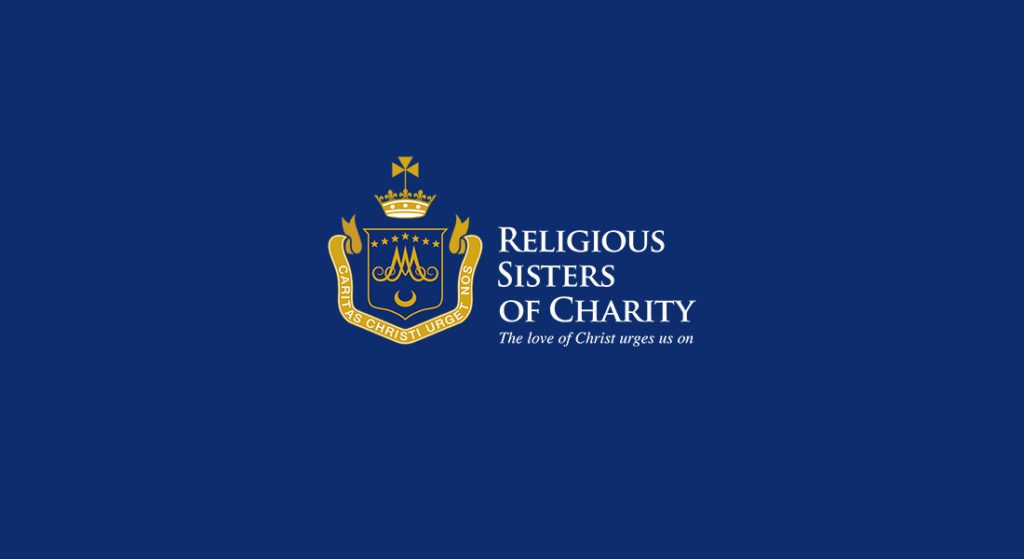
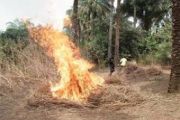 In Nigeria the effect of climate change is evident everywhere. On 10th February, 2017 black soot was reported in Rivers State, particularly affecting the city of Port Harcourt, where our Sisters run a school and centre for physically challenged. The government in Rivers State, of which Port Harcourt is the capital, set up a taskforce to investigate the matter.
In Nigeria the effect of climate change is evident everywhere. On 10th February, 2017 black soot was reported in Rivers State, particularly affecting the city of Port Harcourt, where our Sisters run a school and centre for physically challenged. The government in Rivers State, of which Port Harcourt is the capital, set up a taskforce to investigate the matter.
The federal environment ministry in the national capital Abuja also became involved and declared the air pollution an “emergency situation”. To read more about the situation CLICK HERE.
In spite of Nigerian Government policies re garbage collection and environmental days (every last Saturday monthly is tagged Environmental Day), Care of the Earth and its’ environment has not yet been taken very seriously. On environmental days markets are closed, traffic is banned before 10.00 a.m. and people are expected to stay at home and clean their compounds. Even still refuse dumps are clearly seen at every corner, on streets and on the highways. Pure water sachets are thrown into the gutters and they block the sewage systems, creating further difficulties.
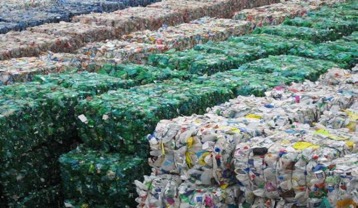 Globally, the International Panel on Climate Change (IPCC) predicts that environmental refugees could reach one hundred and fifty million by 2050. The areas most affected by damage to the environment are Sub-Saharan Africa, India and Asia. The main threats for environmental refugees include deforestation, soil depletion, food scarcity, desertification, water shortage, extreme poverty, population pressure and poor sanitation.
Globally, the International Panel on Climate Change (IPCC) predicts that environmental refugees could reach one hundred and fifty million by 2050. The areas most affected by damage to the environment are Sub-Saharan Africa, India and Asia. The main threats for environmental refugees include deforestation, soil depletion, food scarcity, desertification, water shortage, extreme poverty, population pressure and poor sanitation.
However, it is important to be hopeful as we face an uncertain future. The IPCC, while emphasizing the gravity of the issues, also tells us that there is still a window of opportunity if we act without delay, consistently and together as a global community. Pope Francis, too, reassures us that all is not lost; we are capable of rising above ourselves and starting anew, despite our mental and social conditioning. He says: “No system can completely suppress our openness to what is good, true and beautiful, or our God-given ability to respond to his grace at work deep in our hearts” (Laudato Si 205).
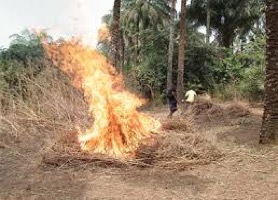 The birth of the world-wide ecological movement which is dedicated to establishing in an effective way a new creative Human-Earth relationship is surely an indication that God is still guiding creation even after 20,000,000 years. The Time to act is NOW. Here in Nigeria our sisters are taking steps in their communities to care for the environment and promoting care of the earth in the schools and institutions where we work.
The birth of the world-wide ecological movement which is dedicated to establishing in an effective way a new creative Human-Earth relationship is surely an indication that God is still guiding creation even after 20,000,000 years. The Time to act is NOW. Here in Nigeria our sisters are taking steps in their communities to care for the environment and promoting care of the earth in the schools and institutions where we work.
Sr. Helen Eluagu, RSC.


